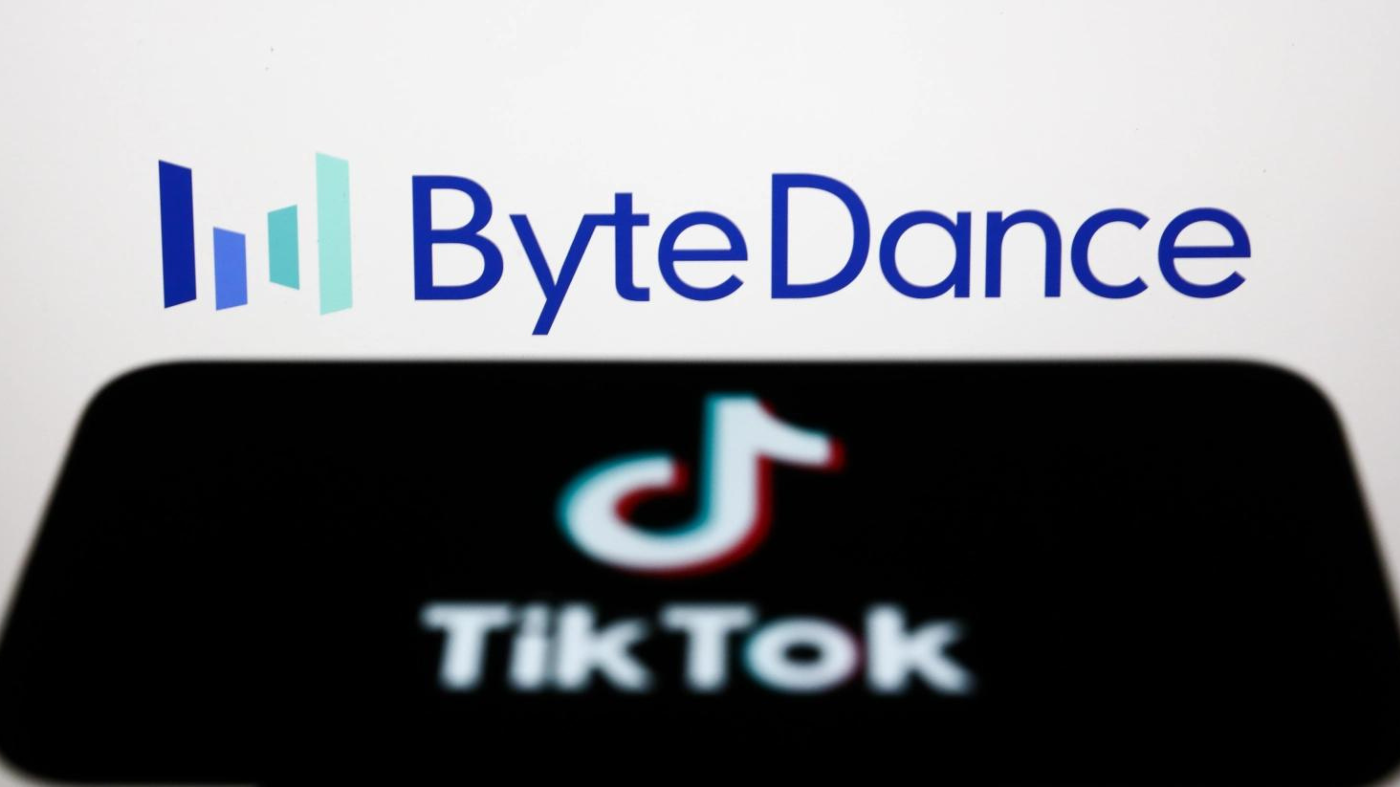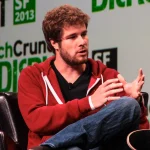The race to develop smarter, more “reasoned” AI models began with OpenAI’s o1 release in September 2024, gaining serious momentum after DeepSeek R1’s debut in January 2025. Unlike traditional models optimized for quick responses, these new systems prioritize depth and logical coherence. They rely on “chain-of-thought” reasoning—reflecting on conclusions and assessing their validity before replying—delivering answers that may take longer but are more accurate and insightful.
ByteDance, parent company of TikTok, has entered the arena with Seed-Thinking-v1.5, a new large language model (LLM) designed to push the limits of reasoning across both STEM and general-purpose fields.
While the model hasn’t been released publicly and licensing terms remain unclear, the technical paper reveals an impressive architecture and performance. Early evaluations suggest it rivals top-tier models like Google’s Gemini 2.5 Pro and OpenAI’s o3-mini-high, and even surpasses them in key benchmarks like ARC-AGI.
Efficient Architecture and Curated Data Fuel Seed-Thinking’s Reasoning Power and Benchmark Success
Seed-Thinking-v1.5 is built on a Mixture-of-Experts (MoE) framework, which allows only 20 billion of 200 billion parameters to be active per inference, optimizing efficiency. The model is engineered for structured reasoning and thoughtful outputs.
Benchmark results are strong, scoring 86.7% on AIME 2024 and outperforming DeepSeek R1 in human preference tests. ByteDance also introduced new, harder benchmarks like BeyondAIME to address limitations in existing evaluations and better track progress toward general intelligence.

Data strategy played a pivotal role in Seed-Thinking-v1.5’s success. The team curated 400,000 supervised fine-tuning examples, with 75% verifiable (STEM, logic, and coding) and 25% non-verifiable (creative tasks). For reinforcement learning (RL), they used 100,000 high-quality STEM problems and paired them with human-preference data for more subjective prompts. Heavy emphasis on math and logic allowed the model to build a foundation that generalized well to other domains like storytelling and conversation.
Innovative Training, Infrastructure, and Tools to Scale Reliable, Reasoning-Centric AI Systems Efficiently
To tackle known issues in reinforcement learning, ByteDance implemented custom actor-critic (VAPO) and policy-gradient (DAPO) systems. These innovations help manage reward sparsity and improve training stability, particularly in long chain-of-thought tasks. They also introduced Seed-Verifier and Seed-Thinking-Verifier—tools that assess answer accuracy and reasoning quality, forming a two-tiered reward mechanism that supports more nuanced training and discourages reward hacking.
Seed-Thinking-v1.5 was trained on ByteDance’s HybridFlow framework using Ray clusters, with co-located training and inference to cut down GPU downtime. Key infrastructure features include the Streaming Rollout System (SRS), which accelerates model iteration by decoupling runtime from version updates.
Other innovations like FP8 mixed precision, expert parallelism, and adaptive checkpointing boost performance and scalability. These systems enable faster training cycles and better hardware utilization, crucial for enterprise-scale deployment.
For enterprise teams, Seed-Thinking-v1.5 offers a blueprint for building AI systems that balance efficiency, reasoning, and flexibility. Its structured data pipeline, robust reinforcement learning methods, and dynamic infrastructure could guide future LLM development.
ByteDance plans further improvements, particularly in reward modeling for creative tasks. The planned release of benchmarks like BeyondAIME signals the company’s intent to contribute to the broader AI research community, particularly in the emerging domain of reasoning-focused models.




